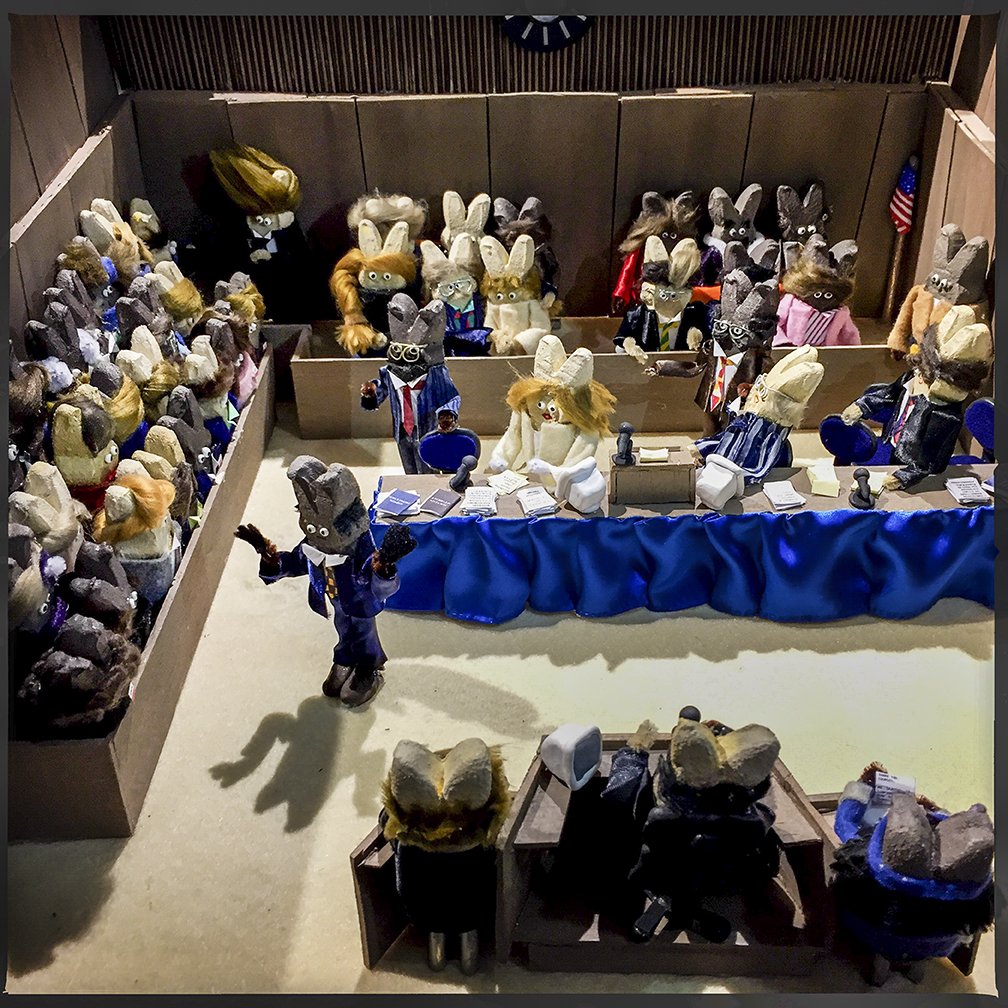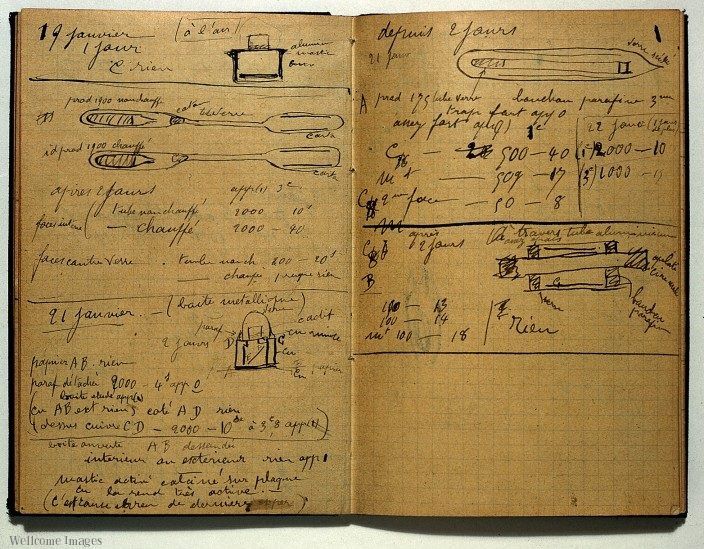
The Dictionary of the Book: A Glossary for Book Collectors, Booksellers, Librarians, and Others
First published in 1952 with eight revised later editions, the ABC for Book Collectors by John Carter has long served as the standard glossary for the book trade. Nicely illustrated with photographs and drawings, The Dictionary of the Book updates Carter’s classic volume with additional coverage on book-printing terms, typography, papermaking, and binding, among other topics. A former museum library director and curator of manuscripts at different institutions, Berger is highly qualified to compile this informative and important work. A venerable bibliophile who delights in all aspects of book production and history, he hopes the readers will get as much ‘pleasure out of this book’ as he did in compiling it. (Booklist)
Berger is a passionate bibliomaniac with a scholar’s eye for details and a bibliophile’s eye for the beauty in the details. He takes a language defined (now) long ago by John Carter and refined more recently by Nicolas Barker and brings it into the 21st century with a deft blend of deference and irreverence and more than a dash of humor, to make learning the arcane patois of books an educational treat and a great read. He adds from his own vast knowledge and experience a fresh perspective which will delight beginners and cognoscenti alike, and offers us all a chance to look afresh at our world of books. (John Windle, Owner, John Windle Antiquarian Bookseller in San Francisco)
The Dictionary of the Book is a reference work that is as wide-ranging and encyclopedic as its author. Sid Berger has produced an essential tool for the trade. (Phil Salmon, Bromer Booksellers)
This is not an ABC of book terms, this is an A to Z of all things bookish! From bookbinding to paper making to library terminology, this glossary leaves nothing out and its definitions are clear, concise and on target. No librarian’s shelf should be without it. (Valerie Hotchkiss, Andrew S. G. Turyn Endowed Professor & Director of the Rare Book & Manuscript Library, University of Illinois)
 AP.
AP.

 Winner of the Peeps Diorama Contest from
Winner of the Peeps Diorama Contest from 



Recent Comments